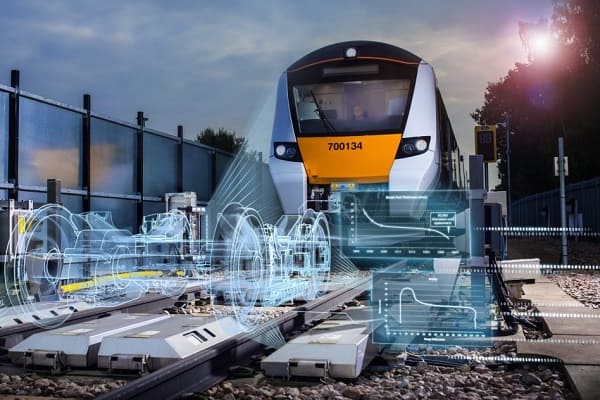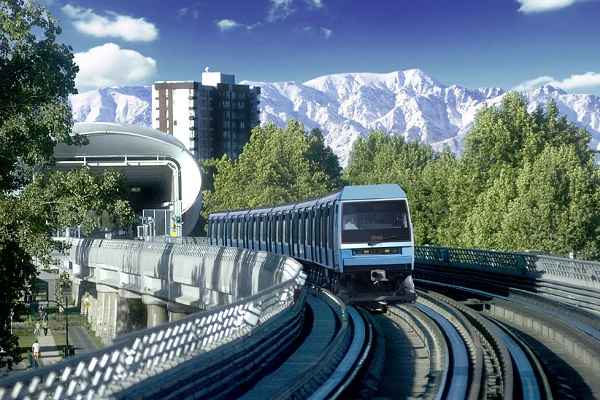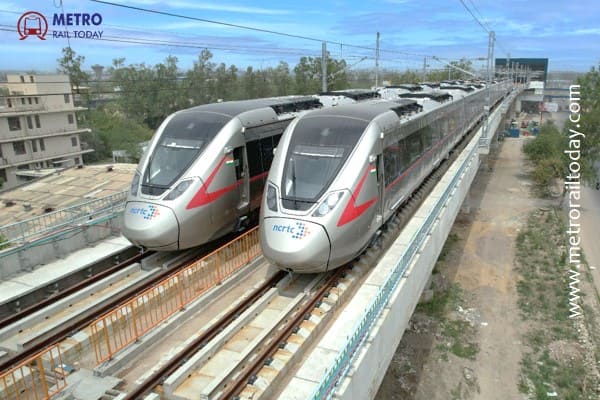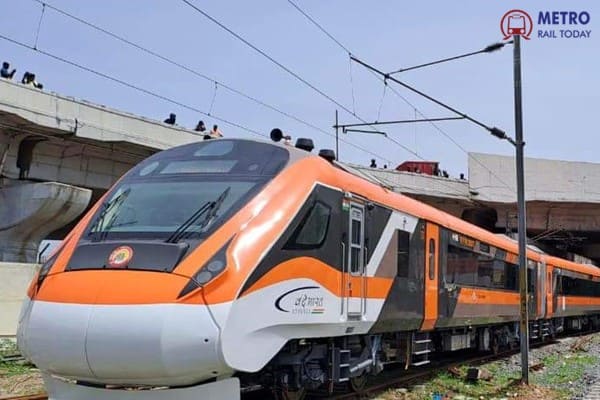 Ramkrishna Forgings bags ₹270 crore order for Vande Bharat Train Project
Ramkrishna Forgings bags ₹270 crore order for Vande Bharat Train Project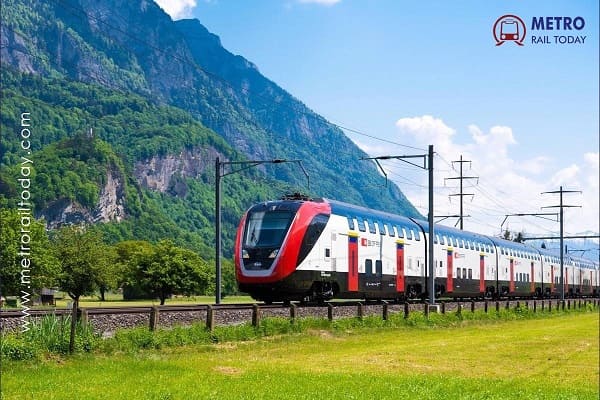 Passenger railway infrastructure maintenance market to reach USD 76134 million by 2032
Passenger railway infrastructure maintenance market to reach USD 76134 million by 2032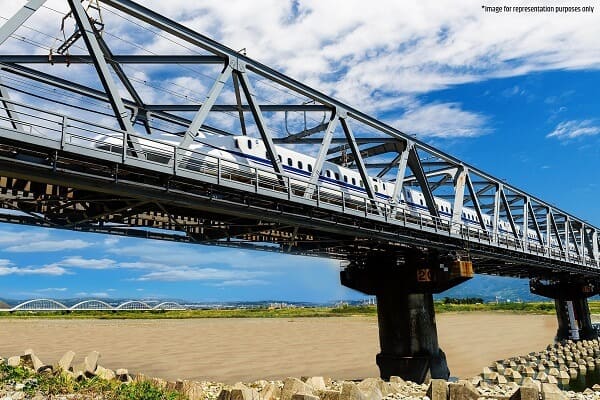 First Open Web Girder launched on Mumbai-Ahmedabad High Speed Rail Corridor
First Open Web Girder launched on Mumbai-Ahmedabad High Speed Rail Corridor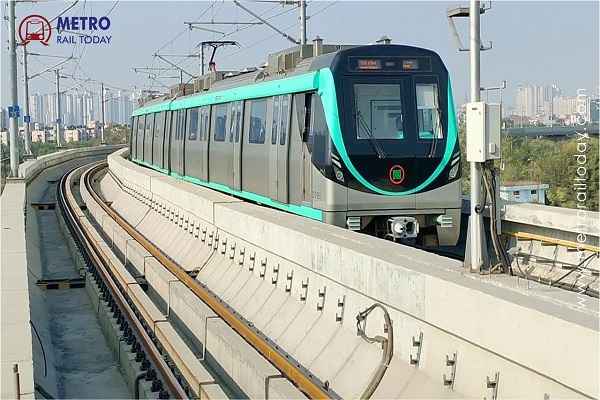 Delhi-NCR Welcomes its First-Ever Metro Coach Restaurant in Noida
Delhi-NCR Welcomes its First-Ever Metro Coach Restaurant in Noida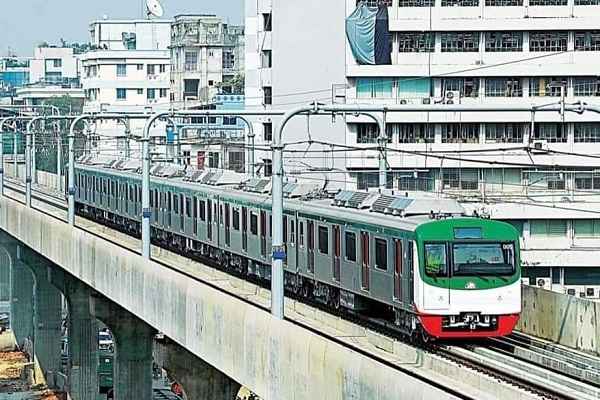 ADB Sanctions US$4.5 Billion Funding Package for Dhaka Metro Line 5
ADB Sanctions US$4.5 Billion Funding Package for Dhaka Metro Line 5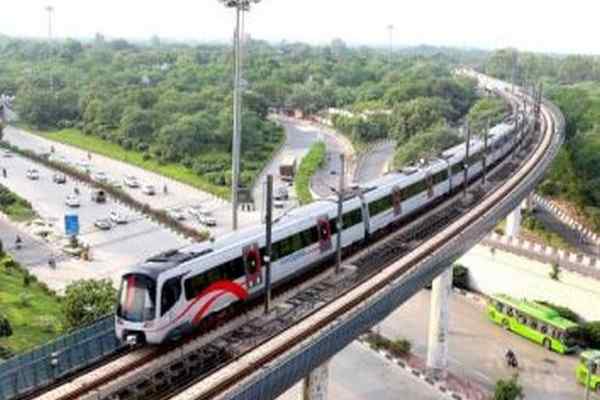 Supreme Court's U-Turn Becomes A Turning Point for Delhi Metro Rail Corporation
Supreme Court's U-Turn Becomes A Turning Point for Delhi Metro Rail Corporation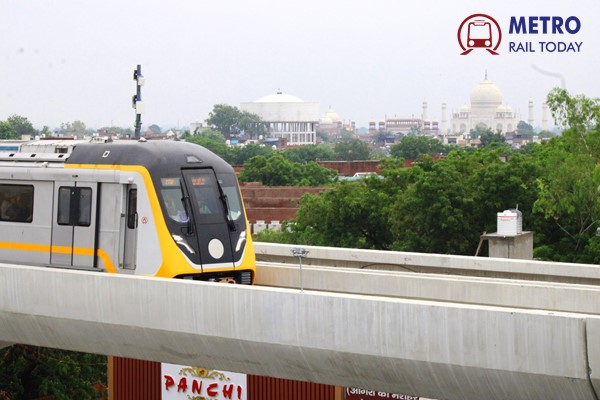 Afcons-SAM India JV records first tunnel breakthrough for Agra Metro Rail Project
Afcons-SAM India JV records first tunnel breakthrough for Agra Metro Rail Project Feasibility Study of Oman's US$2.6Bn Muscat Metro Rail Project Completed
Feasibility Study of Oman's US$2.6Bn Muscat Metro Rail Project Completed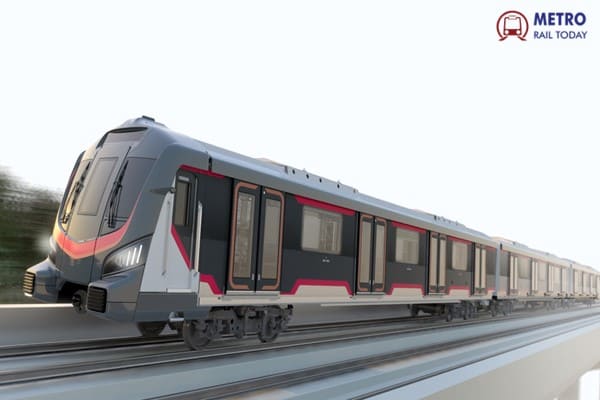 CRRC emerges as lowest bidder for Lisbon Metro Rolling Stock contract
CRRC emerges as lowest bidder for Lisbon Metro Rolling Stock contract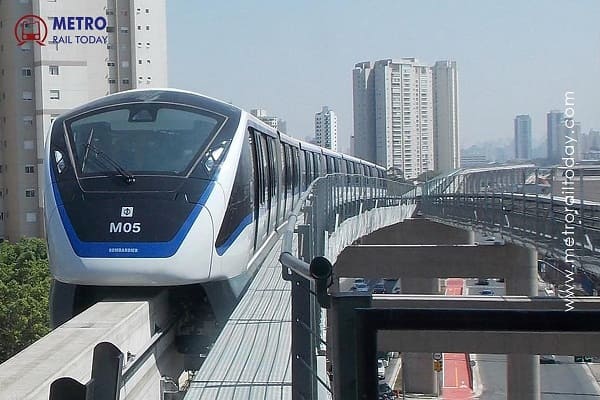 KAFD announces plan to launch Electric Monorail by 2026
KAFD announces plan to launch Electric Monorail by 2026
Role of Artificial Intelligence (AI) in Rail Transport sector

Artificial Intelligence (AI) has made significant advancements in the transportation industry, revolutionizing various aspects of the sector. Here are some key areas where AI is utilized in transportation:
1. Autonomous Vehicles: AI plays a crucial role in self-driving or autonomous vehicles. These vehicles use various sensors, cameras, and AI algorithms to perceive the environment, make decisions, and control the vehicle. AI enables them to navigate complex traffic situations, avoid obstacles, and follow traffic rules.
2. Traffic Management: AI is employed to optimize traffic flow and manage congestion. Intelligent transportation systems use AI algorithms to analyze real-time traffic data from sensors, cameras, and GPS devices. This information helps in predicting traffic patterns, optimizing signal timings, suggesting alternate routes, and improving overall traffic management.
3. Predictive Maintenance: AI is used to monitor the health of vehicles and predict maintenance requirements. By analyzing sensor data, AI algorithms can detect anomalies, identify potential failures, and schedule maintenance proactively. This helps prevent breakdowns, reduce maintenance costs, and optimize fleet management.
4. Intelligent Routing: AI-powered routing systems consider various factors such as real-time traffic conditions, historical data, and user preferences to suggest the most efficient routes. These systems can adapt dynamically to changing traffic situations and provide accurate navigation guidance to drivers.
5. Ride-Sharing and Mobility Services: AI algorithms are used in ride-sharing platforms to match drivers with passengers efficiently. They consider factors like location, time, traffic conditions, and passenger preferences to optimize the allocation of rides and reduce wait times. AI also assists in dynamic pricing based on supply and demand.
6. Supply Chain and Logistics: AI is leveraged to optimize supply chain operations, including inventory management, route planning, and delivery scheduling. By analyzing historical and real-time data, AI algorithms can identify patterns, predict demand, and optimize logistics processes, leading to improved efficiency and cost savings.
7. Customer Service and Personalization: AI-powered chatbots and virtual assistants are used in transportation services to handle customer inquiries, provide real-time updates, and offer personalized recommendations. Natural Language Processing (NLP) and Machine Learning enable these systems to understand and respond to customer queries accurately and efficiently.
8. Safety and Security: AI technologies such as computer vision and sensor fusion are used for surveillance, monitoring, and threat detection in transportation systems. AI algorithms can analyze video feeds, detect anomalies, identify potential security threats, and trigger appropriate responses to ensure passenger safety.
Overall, AI is transforming transportation by improving safety, efficiency, and sustainability while enhancing the passenger experience. Continued advancements in AI technologies are expected to drive further innovation in this field.





